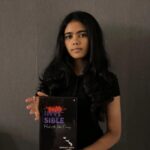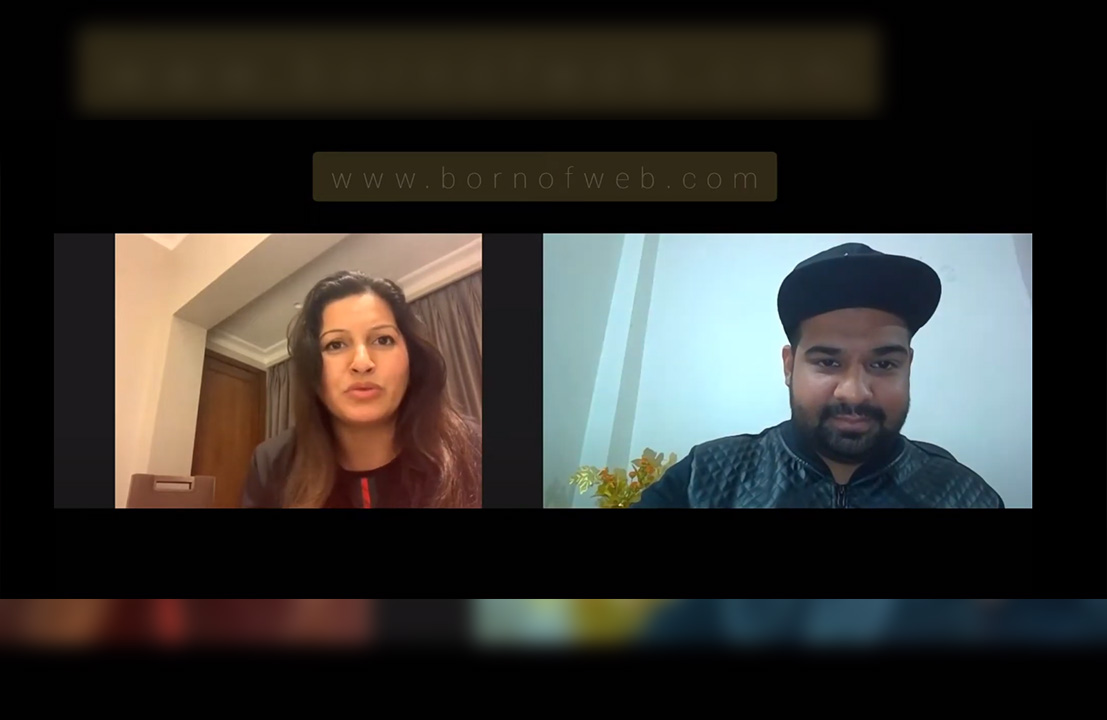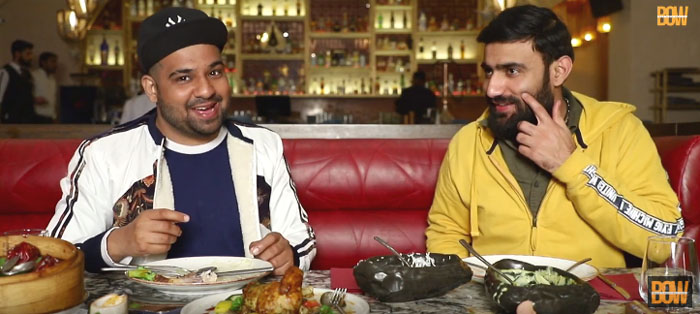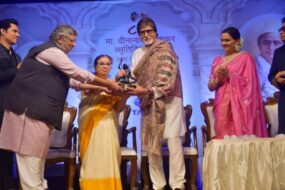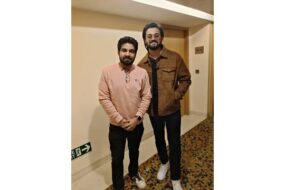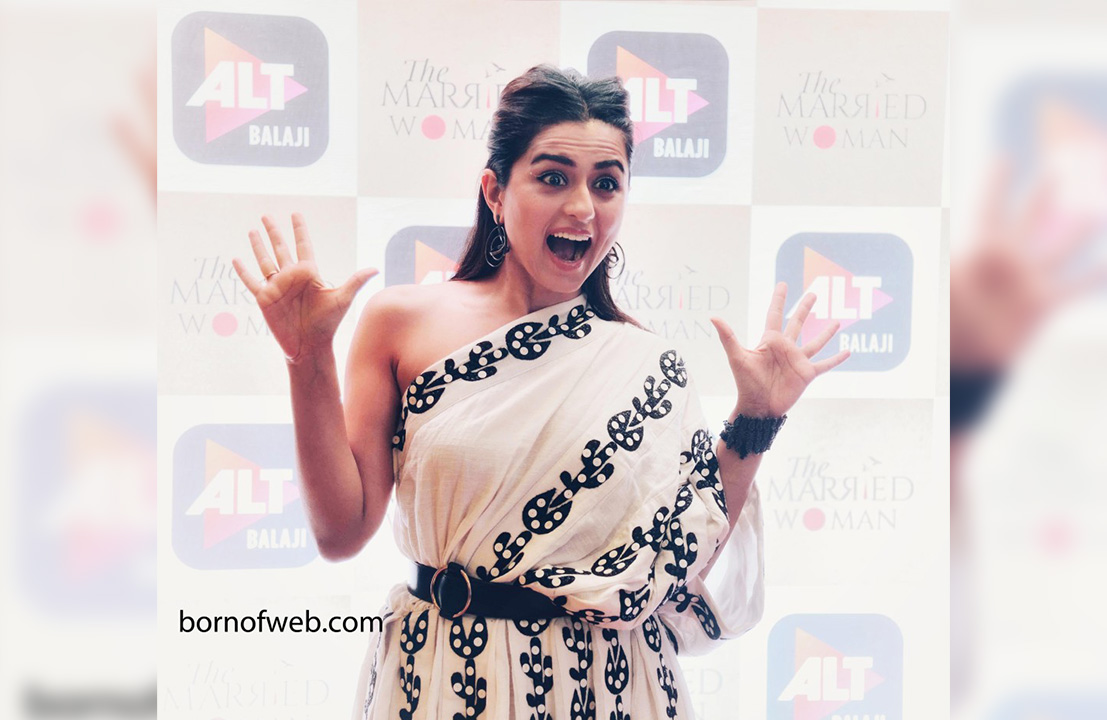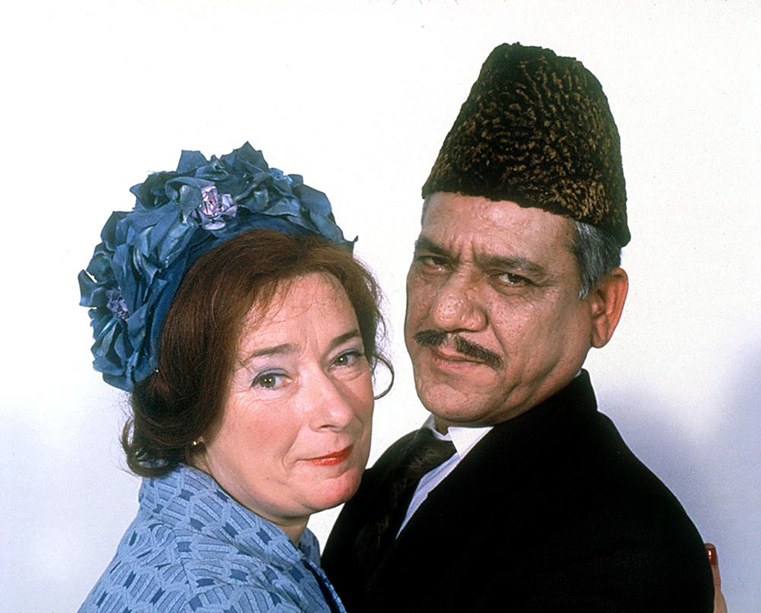
BAFTA-winning British film-maker Leslee Udwin writes an obituary for India’s iconic actor Om Puri. Udwin, whose documentary India’s Daughter was banned in India last year, had cast Om Puri in her productions like East is East & West is West. In a heartfelt tribute, she recalls some anecdotes of her early encounters with the actor

Om (Puri) has left us. And he has left us heavily bereft and lacking. He was not just one of the best actors in India but also in the world. And more than that, he was also such a hugely special human being. What made him both these rare things, was his enormous heart, and a soul so profound that it imbued everything he said and did and seemed to resonate with an almost audible timbre, like his voice which made his body visibly vibrate when he spoke.
His had a caring for others and a humaneness so deeply felt that it was always humbling to be at his side. I remember feeling ashamed of myself that I had been irritated by autograph seekers on a Manchester street, while we were filming East is East there. They had cut across our conversation, when we were sharing a smoke and conversation outside a restaurant. I was ashamed because Om was not remotely irritated – he took it completely in his stride that they deserved his attention and he was happy to give it, happy to sign, to photograph endlessly, always dignified, always kind. It wasn’t just a shallow courtesy or a polite gesture. It was genuine, caring, respectful and gentle.
Don’t Miss: Aditya Roy Kapur & Shraddha Kapoor’s views on censorship are disappointing!
In India, in particular, I often felt he was more at ease with the humblest worker than with the dignitaries we sometimes had to meet. He often spoke of having been so privileged as to have had the generosity of a benefactor without whom he would not have been able to go to drama school and pursue his dream. He was true to himself, loyal to his humble beginnings, genuine in his love of others.
It was this integrity and genuine love of each and every human being regardless of their class, background, circumstances, religion, gender, that made Om actually deplore, if not hate the caste system. He was ashamed of the kind if inhumanity it involved; ashamed of how it cut off the potential and possibility for human beings from the moment of their birth in such an arbitrary and unjust way. I remember discussing with Om how utterly illogical it was that the world had got it together to force South Africa to abandon the vile unjust inhumanity of Apartheid and yet the Caste system still thrived in India. I urge all those who truly loved Om to do all they can to shift this unfair system and relegate it to a backward looking past.
Om was also a true champion of women’s rights and again he and I sent much time lamenting the fact that not just in India but around the world women are so abused and exploited, so disrespected and violated – not just physically but emotionally and psychologically as well. Injustice of any kind made Om ji more than angry – it made him deeply sad. So, again anyone who truly loved Om, I urge you to honor his memory by being active in the alleviation of the suffering of women and girls in India (and elsewhere too).
Don’t Miss: ‘I’m Gay. I’m an actor. & I’ve got a message for you all’

It was Ayub Khan Din who had introduced me to Om’s work when we were looking for a George Khan for East is East. Ayub had worked with Om and was convinced he would be the perfect George. How right he was. I watched a couple of his films and knew at once that no one could better portray this complex, difficult, apparently unsympathetic man. Who else but Om could have made us howl with laughter one moment and weep the next for a tyrant anguished by his increasing isolation, playing a comic role with the kind of profound humanity that illuminated the cause of his tyranny while portraying it.
On the first day of East is East rehearsals I found myself telling Om “I have chronic diarrhea” [“me jalabla ge]” in Hindi which I had moments before been assured by a mischievous Ayub was the compliment I had asked him to translate so that I could praise Om in his own language. His wry cocking of one eyebrow and gentle: “Oh, really?” was only later understood by me when Ayub confessed. I cherish that memory as I do the one of Om and I lined up to be greeted by Narendra Modi (India’s present Prime Minister) at the Ahmedabad Festival. Om and I were guests of honor as our West is West opened the Ahmedabad Festival and Modi, the then Chief Minister of Gujarat, was the Chief Guest. Om’s greeting to Modi made my jaw drop. I spoke no Gujarati and Om’s Kem cho? sounded terrifyingly like a Hindi swear word I did know – (‘b*****d’)… and I expressed my shock-horror at his being quite so familiar with a Chief Minister as to call him ‘b*****d’. Om broke into his lovable grin and said: “I said “kemcho – how are you!”” We spent the rest of the night giggling through the screening like school kids.
He was there for me every time I needed him – helping in whatever he way he could – with advice, with support – he was for example the first person in India I showed India’s Daughter to. He cared deeply about his craft, about helping others with their work, and most of all about the people and the issues that affected them. Be they people he knew or strangers just met, or read about or imagined – real people or characters in stories or scripts – that is where he enormous heart always rested.
For me, what set Om apart from his fellow actors in Bollywood is the different ‘languages’ of acting he was conversant in. He was, as an actor, multi-lingual in acting styles and expression. He could play clearly defined slightly heightened and unreal characters (the more “two dimensional” villain, or comic character that Bollywood films sometimes reduce real people to) knowing this was the language and these the sensibilities of Bollywood film-making. But he could just as easily (and I believe he did so with more enthusiasm) express himself in the language of fully 3-dimensional living breathing characters who experience the subtlest nuances of pain and joy and every subtle shade of human emotion. He was an actor whose work was entirely recognisable and universal – because of his huge heart and deep resonant soul.
The devastating news reached me by text at 6 am morning on the day he died. The carefully, gently phrased message from a friend in Mumbai who had worked with Om and I contained the phrase “from a massive heart attack”. What else but ‘massive’ could have taken such a massive heart from us. Rest in peace our beloved OM!
(The writer is a is a British BAFTA-winning film-maker, actress and producer. Tweet her @lesleeudwin)
(The views and opinions expressed in this article are those of the author and do not necessarily reflect the official policy or position of Born of Web. The writer is solely responsible for any claims arising out of the content of this article. We encourage independent thoughts and articles by our readers. Have a say in youth-centric matters, write to <editor@bornofweb.com>)
Let’s Connect!
Facebook: https://www.facebook.com/bornofwebIndia/
Instagram: https://instagram.com/born_of_web/
Twitter: https://twitter.com/BornOfWeb
Google Plus: https://plus.google.com/u/1/+KaranBhardwajBornofWeb
Pinterest: https://www.pinterest.com/bornofweb/


